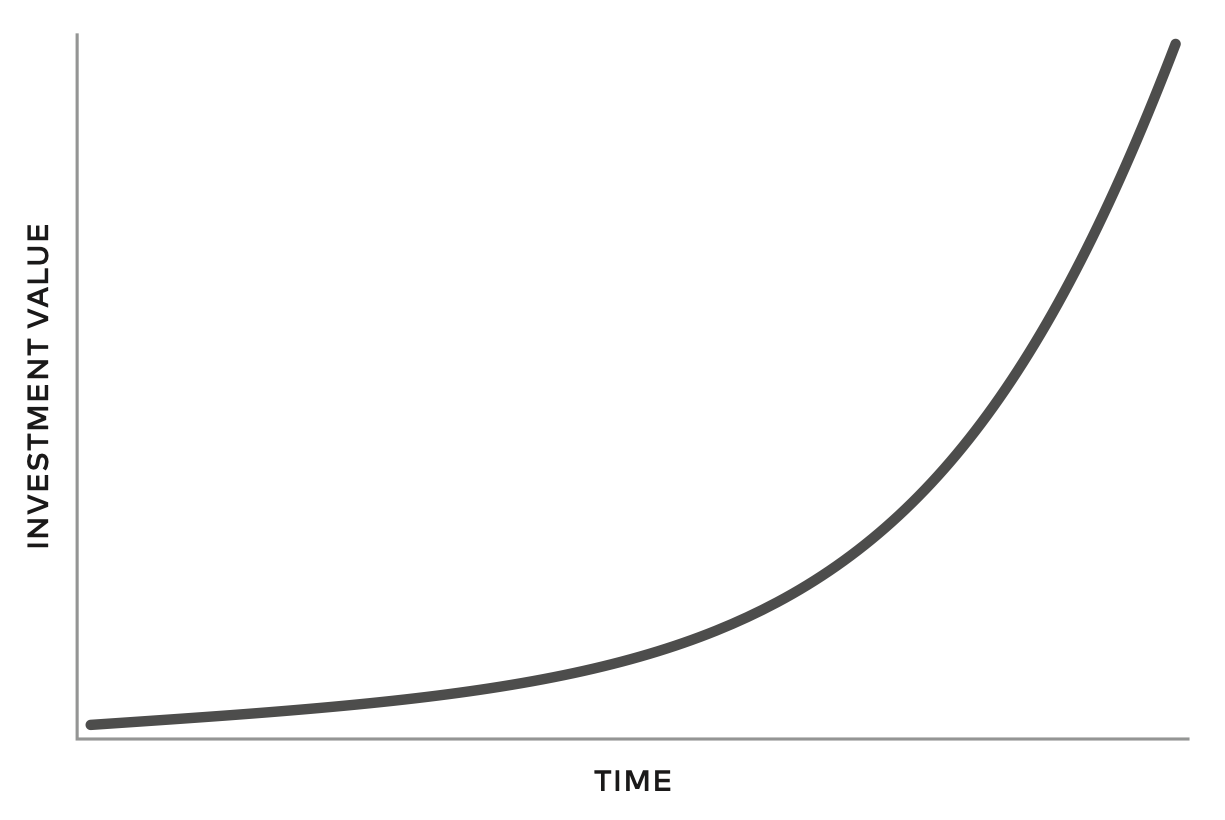"I'll join you in a moment," I tell my wife as I park my butt in that soft, comfy living room couch, laptop in hand. I look over at the clock. It's a few minutes past 10 p.m. I know I should be heading off to bed because I start my mornings at 6 a.m.
I think to myself, "I'll just fire off these two quick emails, and then it's straight to bed." You know what happens next. I visit the nation of Procrasta. The next time I look at the clock, it's almost midnight, and I'm deep in a YouTube rabbit hole. I'm tired and want to go to sleep, but it takes less energy to watch entertaining, auto-playing videos than to haul my ass up, put the laptop away, and take the stairs up to the bedroom where my sensible wife has long been asleep.
Why did this happen? Because I relied on waning willpower.
Just like you, over the years I've tried just about every goal-setting strategy out there—writing them down, visualizing them, sharing them with people to keep me accountable, blah, blah, blah. None of these worked beyond the honeymoon phase.
The problem is they all mostly rely on willpower. Even if you happen to achieve them through sheer force, the gains are usually short-lived.
Here's what to do instead: Loose goals, tight systems.
James Clear, the author of Atomic Habits, says, "The more disciplined your environment is, the less disciplined you need to be. Don't swim upstream."
A loose goal sets the direction you want to go without being fixed on the final destination because there is no final destination. The goal is to keep playing the game and improving indefinitely. A tight system sets up your environment so it's easy to keep improving.
This mindset is embodied in the Japanese word Kaizen, which means "continuous improvement." It's a key concept in lean manufacturing and lean thinking. Kaizen is about creating small, ongoing changes to processes and systems that generate significant long-term benefits. It aims to eliminate waste, improve efficiency, and create more value.
The number one reason people are doing what they're doing is because they're already doing it. Inertia explains almost all behavior-driven results. Systems are the secret to harnessing this to your benefit. It's taking inertia by the scruff, putting a leash around its neck, and having it walk beside you like a well-behaved little poodle.
I've made all my most important gains personally, professionally, and financially with loose goals and tight systems.
Big, exciting goals are motivational in the moment but quickly forgotten as you settle back into your inertia-driven routine. Goals are for when you want to win something once. Systems are for when you want to win repeatedly. They give you massive compounding gains over time.
Compound Interest
Albert Einstein once said, "Compound interest is the eighth wonder of the world. He who understands it, earns it . . . he who doesn't . . . pays it." Naval Ravikant wrote, "All the returns in life, whether in wealth, relationships, or knowledge, come from compound interest."
In a world obsessed with quick wins, easy fixes, and overnight successes, the concept of compound interest doesn't sound very sexy. And it isn't . . . at least not for a while.

The reason compound interest breaks your brain is because, for a long time, it seems like nothing is happening. Then suddenly, seemingly out of nowhere, there's a sharp turn upwards.
If you put $50 a week into a bank account, after 50 years you'll have deposited a total of $130,000. But if you earn 8 percent interest (compounded monthly) on these deposits along the way, you now have a total balance of $1,718,541. The interest alone is more than ten times the amount you deposited. How did that happen? Through the magic of compound interest.
The S&P 500 historically has averaged an inflation-adjusted annual return of about 8 percent, so this rate of return is not some outrageous, unattainable figure. Anyone can access this with a simple index fund.
Even though this is a virtually guaranteed way of becoming a multimillionaire, most people will ignore it because it's boring and slow. The latest crypto thing or some risky angel investment is much more exciting.
By the way, I love fast, exciting, and risky too! But just as skydiving isn't the answer to long-term happiness, neither are quick wins and easy fixes the answer to achieving long-term business success.
Compound interest applies to every area of life, not just finance. It applies to relationships, health, knowledge, trust, and, business.
(It's like your smart, good-looking friend who gives you actionable ideas in 5-minutes or less.)